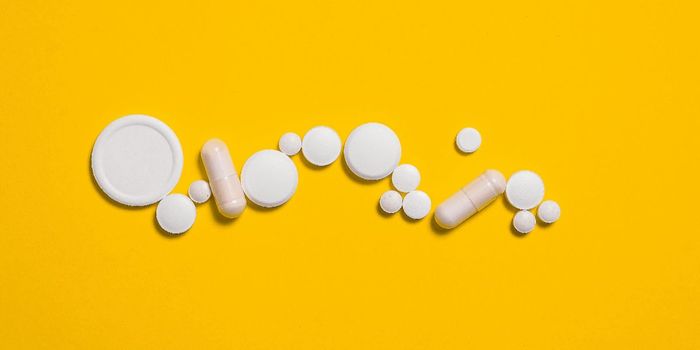Accountability to God Linked to Better Psychological Wellbeing
People who consider themselves accountable to God report higher levels of psychological wellbeing than those who do not. The corresponding study was published in the Journal of Religion and Health.
“A good deal of research examines how aspects of religious life such as church attendance, prayer and meditation are associated with psychological wellbeing, but no one has examined how feelings of accountability to God might play a role,” said lead author of the study, Matt Bradshaw, Ph.D., research professor of sociology at Baylor University’s Institute for Studies of Religion (ISR).
For the study, the researchers examined data from the 2017 Values and Beliefs of the American Public Survey, a survey including responses from 1251 individuals in the US.
In particular, they looked at the relationship between accountability to God and four measures of wellbeing: happiness, mattering to others, dignity and meaning. The two survey items used to assess accountability were: ‘I decide what to do without relying on God.’ and ‘I depend on God for help and guidance.’
After conducting multivariate regressions, the researchers found that accountability to God was associated with all four measures of wellbeing. They also found that this link was stronger among those who prayed more frequently.
The researchers also found a link between happiness and church attendance. As happiness varies on a daily basis more so than other aspects of wellbeing, the researchers say it makes sense that it may more strongly correlate more with church attendance - which also varies on a day-to-day basis- than more stable factors like accountability to God.
Co-author of the study, Byron Johnson, PhD., Distinguished Professor of the Social Sciences and ISR director, said that accountability to God might help people internalize and act upon moral obligations.
“Religious systems can impose external pressures on individuals to behave in particular ways, but they also operate through individual yearnings, moral frames, and religious impulses,” he said.









